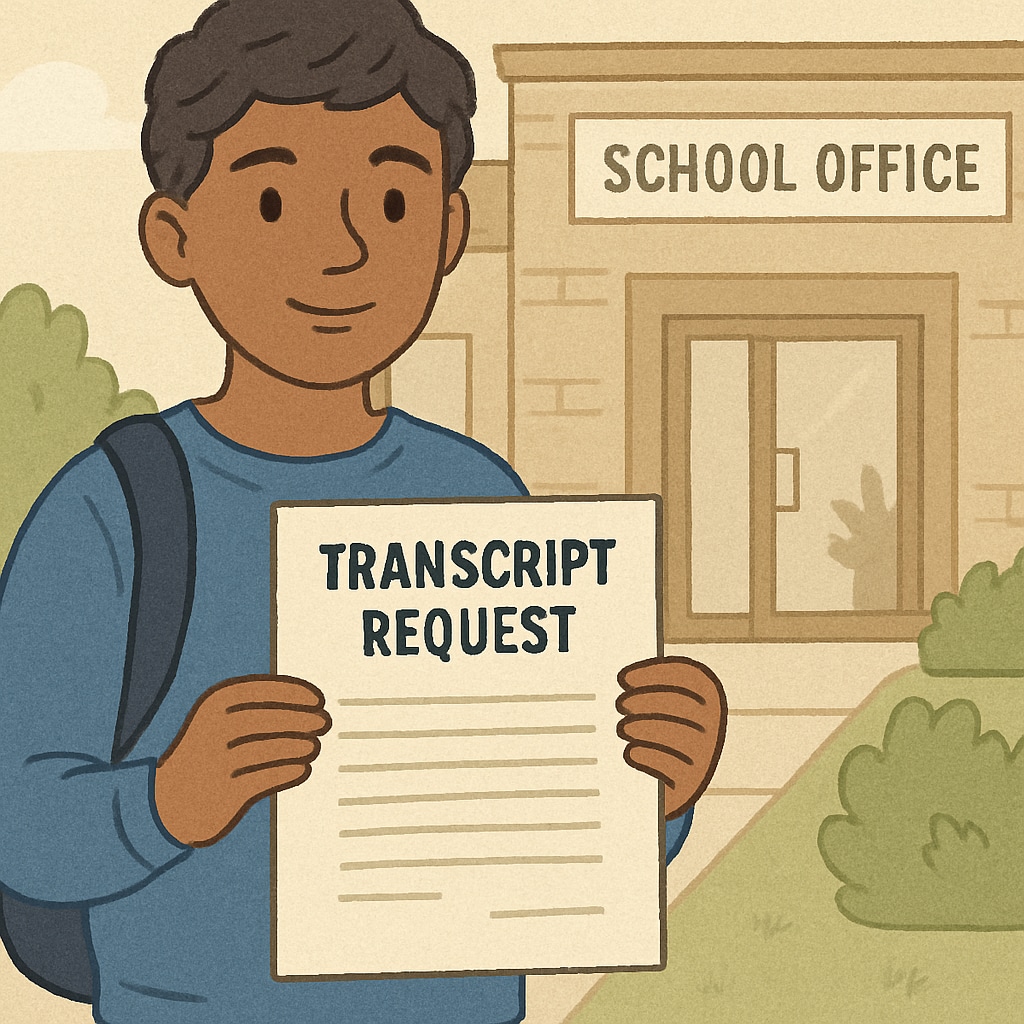For many families, balancing school-related expenses can become a challenge, and this sometimes results in unpaid school fees. However, when it comes to critical documentation like transcripts for professional exam applications, the question arises: can students or parents still access these records despite outstanding balances? This article delves into the legal and practical aspects of obtaining transcripts in such situations, exploring relevant regulations and offering actionable solutions.
Understanding the Relationship Between Unpaid Fees and Transcripts
Schools, particularly private institutions, often have policies that link financial obligations with the release of academic records. This practice is primarily intended to ensure timely payment of tuition and other fees. However, withholding transcripts can raise ethical and legal questions, especially when the student’s future opportunities, such as applying for professional exams or higher education, are at stake.
According to the Education Act in many jurisdictions, withholding essential academic records may violate a student’s right to education. Public schools, in particular, are often prohibited from denying access to transcripts, as these institutions are funded through taxpayer money. Private schools, however, operate under different laws and may have more leverage in enforcing such policies.

Legal Frameworks Governing Transcript Access
The regulations surrounding transcript access vary depending on the country or state. In the United States, for instance, many states have specific guidelines that protect students in public schools from being denied their academic records due to unpaid balances. Private schools, on the other hand, often operate under contractual agreements signed by parents or guardians, which may include clauses allowing schools to withhold transcripts.
For parents and students, it is crucial to understand the specific policies of the school and the overarching legal framework. Consulting local education departments or legal experts can clarify whether the school’s policy aligns with the law. For example, the U.S. Department of Education emphasizes that access to educational records is a fundamental student right under the Family Educational Rights and Privacy Act (FERPA).
Steps to Obtain Transcripts Despite Outstanding Balances
If you’re facing difficulties obtaining transcripts due to unpaid school fees, consider the following steps:
- Communicate with the School: Contact the school administration to discuss your financial situation. Many schools are willing to offer payment plans or partial releases for critical documents.
- Request a Written Policy: Ask the school to provide a written copy of their policy regarding unpaid balances and transcript access. This can help you understand your options and whether the policy complies with local laws.
- Seek Legal Advice: If the school refuses to release the transcript, consult a legal expert to determine whether the school’s actions are lawful. Legal advocacy may be necessary in cases involving public schools.
- Explore Alternative Documentation: In some cases, schools may provide unofficial transcripts or progress reports that can serve as interim records for professional examinations.
- Appeal to Educational Authorities: If all else fails, reach out to local or national education authorities to mediate the situation.

Balancing Financial Obligations with Educational Rights
While schools depend on timely fee payments for their operations, they must also consider the broader implications of withholding transcripts. Students seeking to apply for professional exams or higher education are often placed in a difficult position due to policies that prioritize financial compliance over educational access.
As a result, many educational institutions are beginning to adopt more flexible approaches. For example, some schools now offer conditional transcript releases based on agreed-upon payment plans, ensuring that students can continue their academic or professional pursuits without undue hindrance.
Conclusion: Prioritizing Students’ Future
Accessing transcripts in the face of unpaid school fees can be a complex issue, but solutions do exist. By understanding the legal frameworks, communicating with schools, and seeking alternative options, parents and students can work towards a resolution that respects both financial obligations and educational rights. Ultimately, ensuring that students can progress in their academic and professional journeys should remain the foremost priority.
Readability guidance: The content uses clear language, organized headings, and short paragraphs to ensure readability. Actionable steps are listed for better comprehension, and transitions like “however” and “as a result” enhance flow. Passive voice and complex sentences are minimized to maintain clarity.


